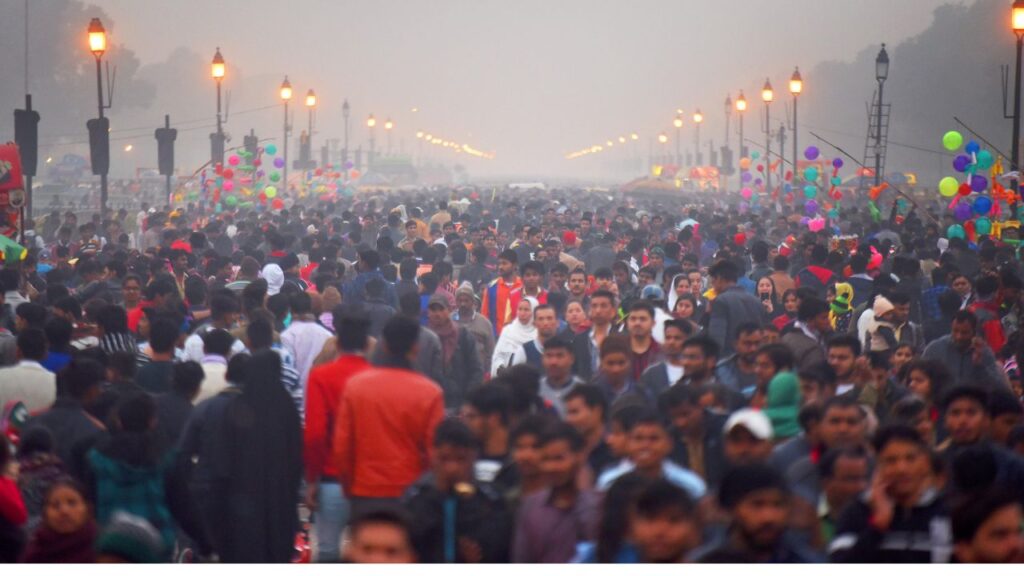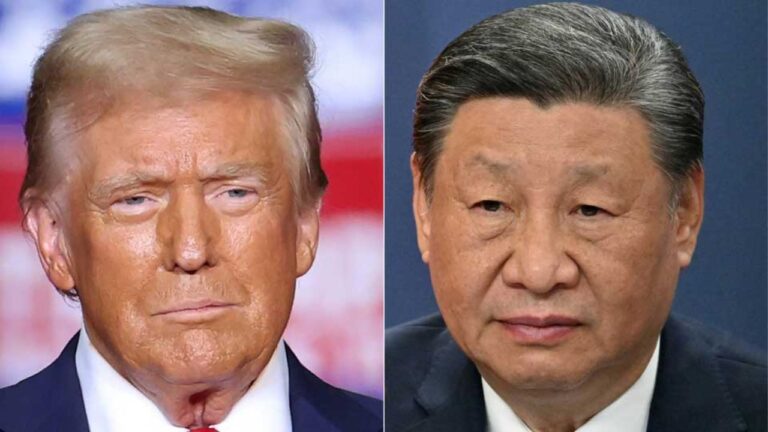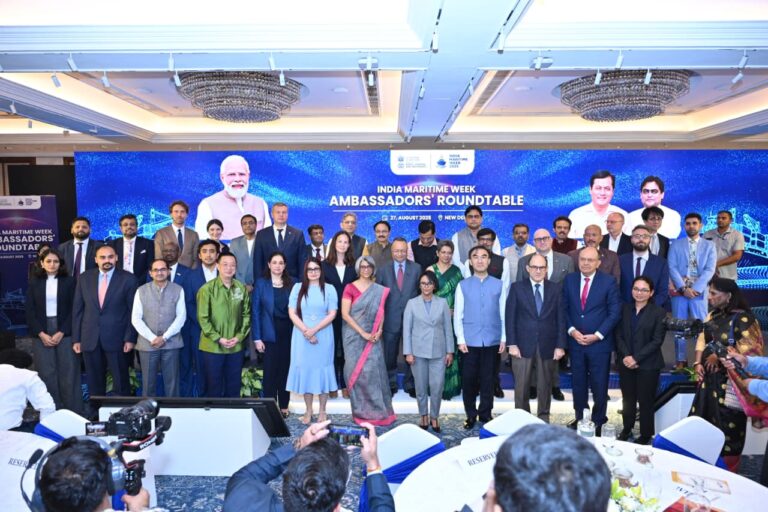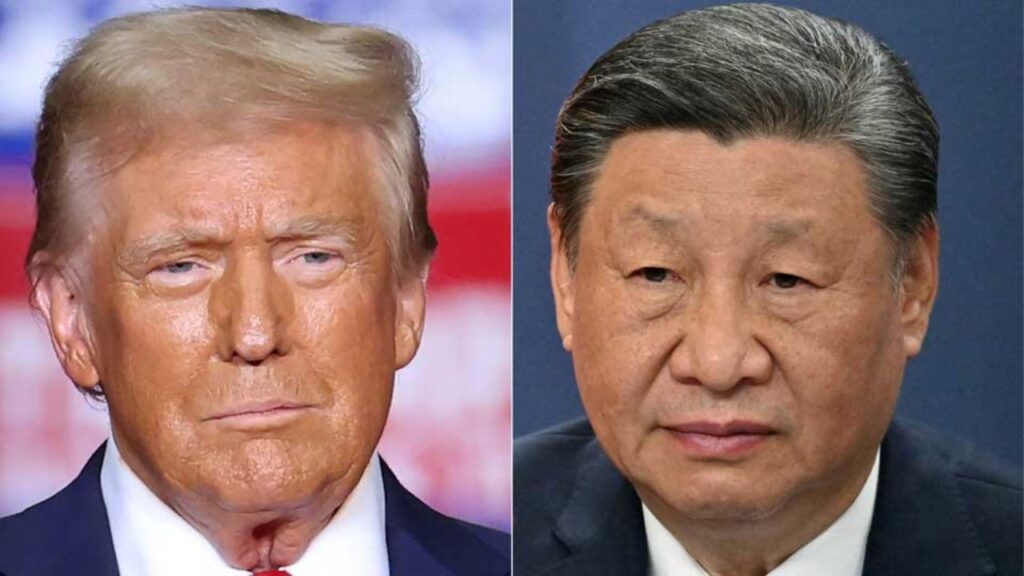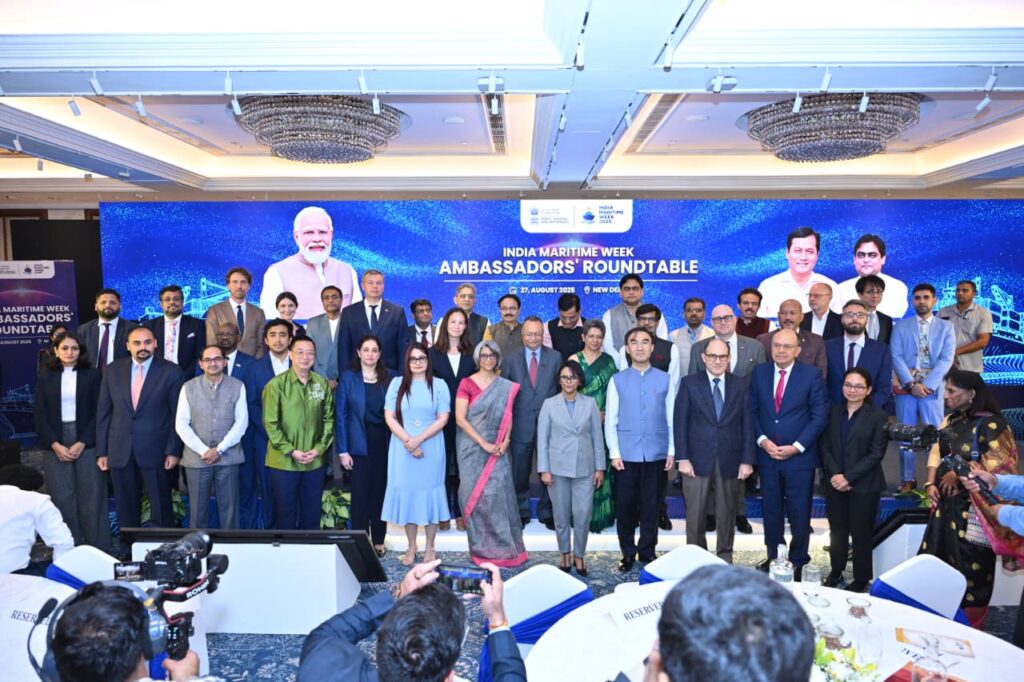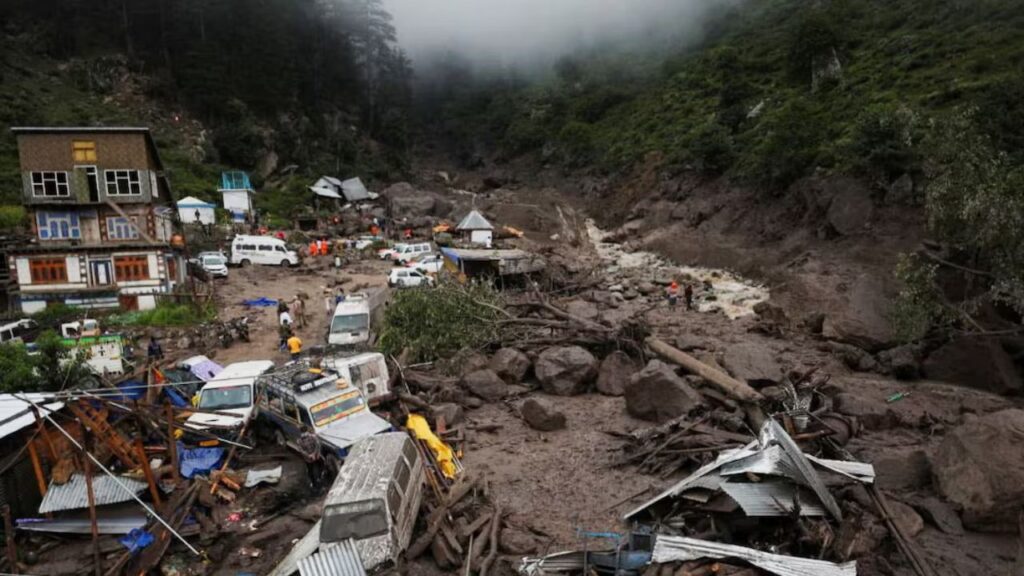Marking a significant policy shift, the Union Government has approved the inclusion of caste enumeration in the next national census, setting the stage for India’s most politically sensitive data collection since Independence. The decision, confirmed by official sources following a Union Cabinet meeting on April 30, reverses the government’s earlier stance, previously articulated in multiple Supreme Court affidavits opposing such enumeration. It comes amid mounting pressure from the opposition and growing demands from states like Bihar.
While the Centre has not publicly announced a detailed timeline, the move has triggered a renewed political debate around social justice, electoral strategy, and constitutional equity, especially in the run-up to the Bihar Assembly elections due later this year.
Reacting swiftly, Congress leader Rahul Gandhi welcomed the Centre’s decision but demanded a clear timeline and accused the Prime Minister of acting under pressure.
“The Prime Minister is scared of the caste census. We forced him to do it,” Gandhi said at a press conference on April 30. “We want a timeline, and we want clarity. We will not stop till every poor person gets his due.”
The Congress party has consistently pushed for a national caste census and the release of data from the 2011 Socio-Economic and Caste Census (SECC), which remains unpublished. Gandhi’s statements come on the heels of the Congress Working Committee’s (CWC) 2024 resolution demanding that the government conduct and publish a comprehensive caste census. Party president Mallikarjun Kharge has also reiterated this demand in the past. “This is a fight for social justice. We demand that the caste census be done at the national level,” he said during a 2023 rally.
The approval of caste enumeration marks a notable reversal for the BJP-led Union Government, which had repeatedly opposed such a move in court filings. In multiple affidavits before the Supreme Court in 2021 and 2022, the Centre stated that enumerating castes other than SCs and STs would be “administratively difficult” and “not feasible.”
The government’s shift now appears politically calculated, coming after several opposition-ruled states conducted or announced their own caste surveys. The most prominent among them was Bihar, which published the results of its state-level caste survey in October 2023.
The Bihar caste survey revealed that OBCs and EBCs together make up more than 63% of the state’s population. The data has since been used by political parties to demand a proportional increase in reservation and representation.
As Bihar prepares for its assembly elections later this year, caste identity is likely to dominate the political narrative. Chief Minister Nitish Kumar, whose Janata Dal (United) allied with the BJP again in early 2024, had previously championed the state-level caste count. His political realignment makes the Centre’s new decision even more significant, as the BJP now seeks to avoid being outflanked on the issue by its allies and rivals alike.
Analysts believe the timing of the announcement is aimed at neutralising the momentum built by the RJD-Congress alliance in the state, which has been campaigning hard on the platform of social justice and caste-based equity.
While the formal census exercise was initially scheduled for 2021, it was indefinitely delayed due to the COVID-19 pandemic. Government sources suggest that enumeration may begin in late 2026 or early 2027, although no official schedule has been released.
This would be the first time since 1931 that India would officially record caste data beyond SCs and STs in a national census. Although the SECC 2011 collected caste information, the data was never released due to inconsistencies and lack of verification.
According to the government, the new enumeration will focus on the socio-economic and educational status of all caste groups. However, no formal guidelines or questionnaires have been made public so far.
The release of caste data has the potential to reshape India’s reservation policies, welfare targeting, and political representation. It could also lead to a revisiting of the 50% cap on reservations, as laid down by the Supreme Court in Indra Sawhney v. Union of India (1992).
Several political parties, including the DMK, Samajwadi Party, and RJD, have already declared that any new caste data should directly inform future quota policies. Meanwhile, social justice advocates argue that the absence of accurate data has long hindered fair representation in education, jobs, and governance.
The Centre’s nod to caste enumeration is being viewed as a politically strategic but socially consequential decision. For the ruling BJP, it may help defuse opposition criticism and gain ground among backward class voters. For the Congress, it validates a long-standing campaign issue but also places the onus on ensuring that the data, once collected, leads to policy change.
With elections looming in Bihar and caste equations evolving nationwide, the next steps, especially the timeline, scope, and transparency of the census, will determine whether this is a genuine step toward inclusive governance or another exercise in political optics.

